I have written many columns urging doctors to be honest with their patients, especially about difficult news. Too often patients are lead on false-hope therapy rides, rather than empowered with honest information so that they can cope with their disease and future. Doctors are not the only ones who can keep a painful secret.
I admitted Sarah to the hospital late on Saturday night. For over two years, she had been receiving chemotherapy, hormone therapy and recently blood transfusions, under the care of one my partners. He had discussed Sarah’s limited prognosis on a number of occasions. Now the breast cancer was spreading wildly, causing havoc through much her body. In the bright fluorescent 3:00am light of the emergency room, her wasted body, obvious pain, visible skin lesions, agitated confusion and appalling lab tests, said it all. Sarah had little time to live.
With the goal of confirming that everyone understood what was happening and all were comfortable with a palliative, comfort approach to care, I sat down with six family members in the ER conference room. Around that tight space were her sister, with whom Sarah lives, her only son, 22 years old, a brother who works as a lab tech, an Aunt and two Uncles. All live close and see her often.
Wanting to get the ball rolling, especially given that we were all exhausted at that strange hour, I started with the simple statement, “I want to speak with you so that you appreciate what is happening with Sarah and her breast cancer.”
There was silence. A wheeled cart rattled as it rolled by in the hall. A bulb flickered. Perhaps, I had not spoken at all. Maybe, I was so tired that I imagined speech.
I repeated. “Sarah is very sick tonight, because her breast cancer is growing.”
Every face in the room registered a look of shock and confusion. Did they not speak English?
The brother finally answered; “What breast cancer?”
They must be kidding, I thought. I backpedaled.
“What do you understand has been making Sarah so weak and ill?”
“She has a bad wound on her chest from a car accident that won’t heal.”
“Why do you think she was seeing an oncologist?”
“To get help with the wound.”
To my astonishment Sarah’s family, who is obviously both geographically and personally close, had no idea she had cancer. Sarah had concealed this terrible truth from all of them. Bravely, stoically, she had fought the illness, handled every pain and made every decision, by herself.
The trauma on this family because of Sarah’s self imposed isolation got worse. They had to understand the affects of a disease they never knew existed and decide that further aggressive therapy was futile or instead make a decision to “do everything.” In other words, go from “Sarah has a cut which won’t heal,” to “It is time to pull the plug,” not in weeks, days, or even hours, but right away; now as it were. To their great credit, after a lengthy discussion of what Sarah had experienced, what was likely to happen, what they thought Sarah would wish, and a moment of prayer, they were able to accept the disease as well as the grim prognosis. They asked us to give only comfort care.
Sarah’s son was devastated. His father had died some years ago. He felt that by “lying” to him, Sarah had been deprived him of closure. Bereavement counselors suggest that final conversations include the words, “I forgive you,” “You forgive me,” “I love you,” and “good-bye.” For him none of this was possible; Sarah’s body failed quickly; she was dead in less than a day. His anger and confusion will take a long time to heal.
Why did Sarah walk that hard solitary path? Of course, I really have no idea. I suspect that she was a private person for whom the disease was humiliating. Perhaps the idea of “the sick role” was an anathema. Maybe, she feared a loss of control and pity. Or maybe she never fully understood what was happening or how imminent her demise; although my partner said that just a few weeks before, Sarah remarked that she would soon die of the cancer.
I suspect that Sarah could not stand to bring her family pain. Nonetheless, by shutting them out, Sarah hurt those to whom she was most close. By not sharing her suffering because she loved them, she made them suffer. She left them shaken, baffled and deserted, without the chance to cope by touching and helping Sarah through her ordeal. The most tragic result was that when she needed family the most, Sarah ended her life alone.

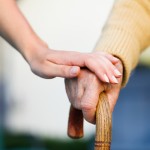
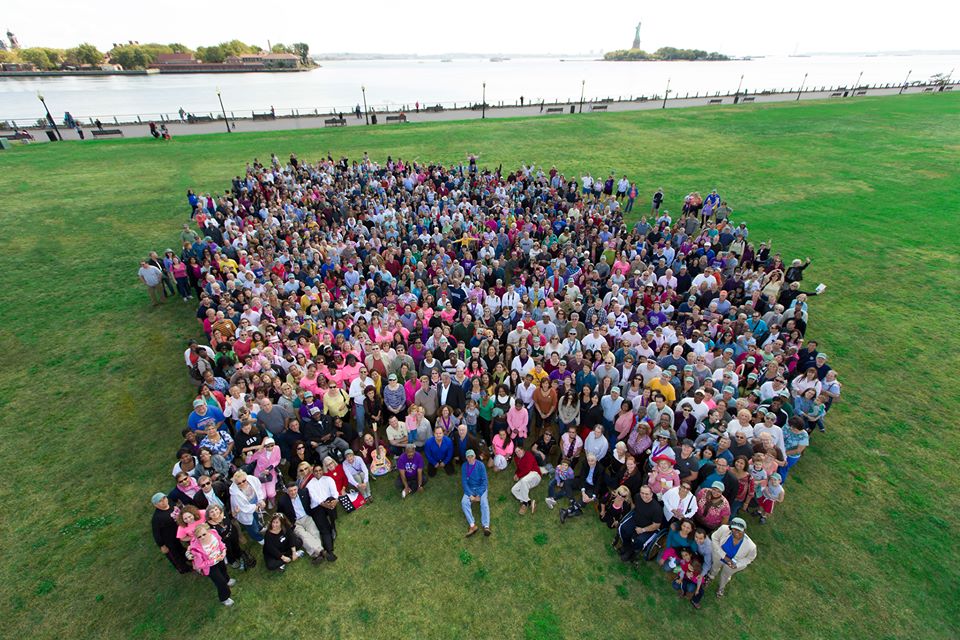
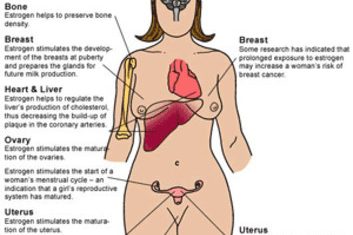
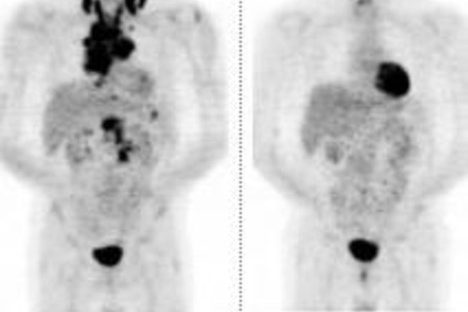
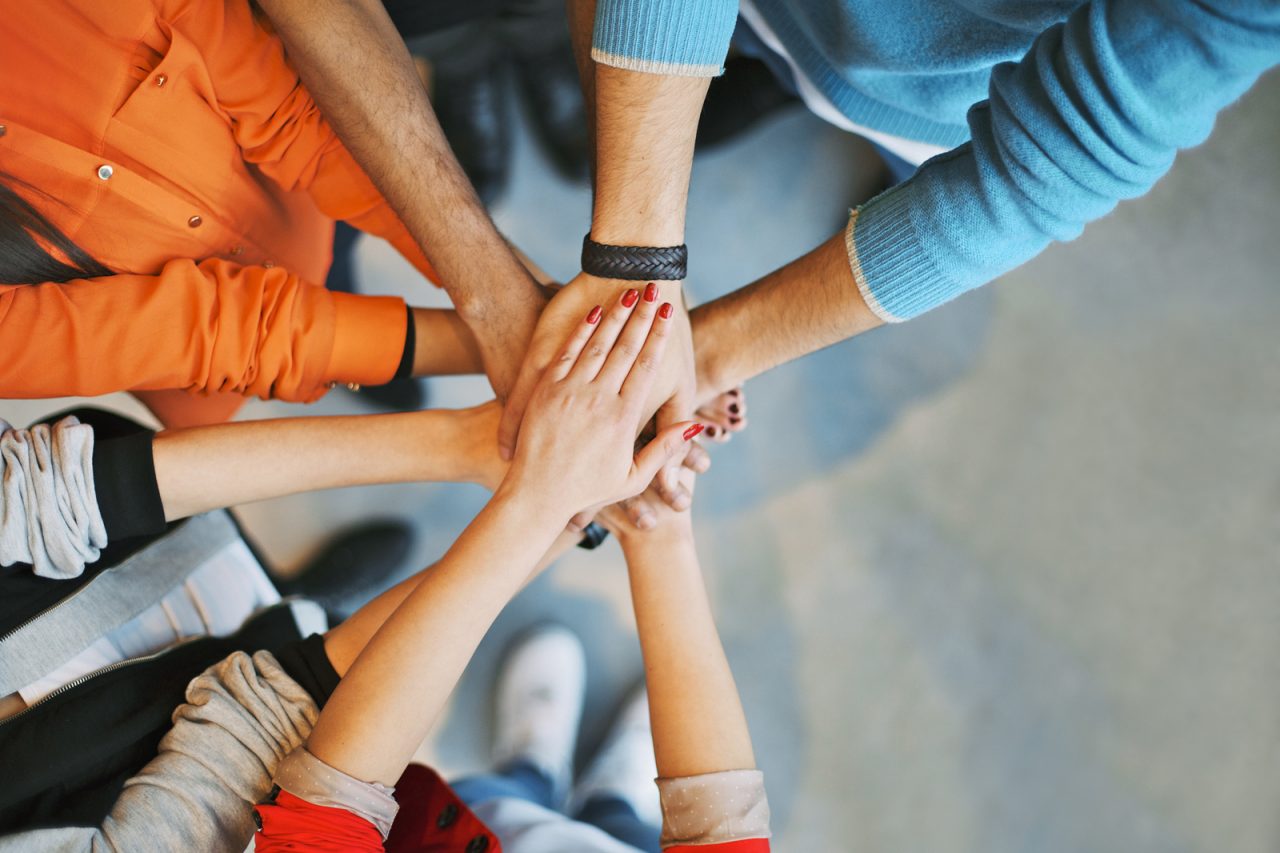
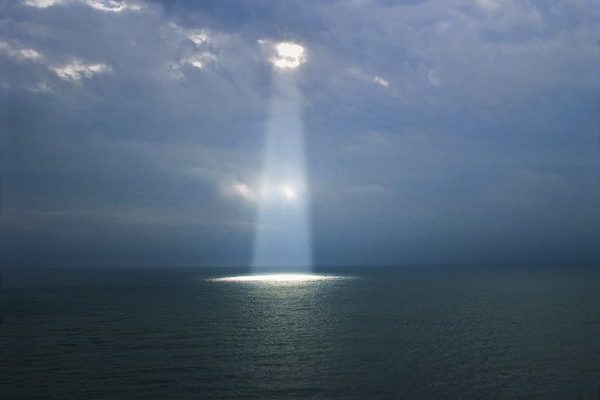
15 Comments